Physical Address
304 North Cardinal St.
Dorchester Center, MA 02124
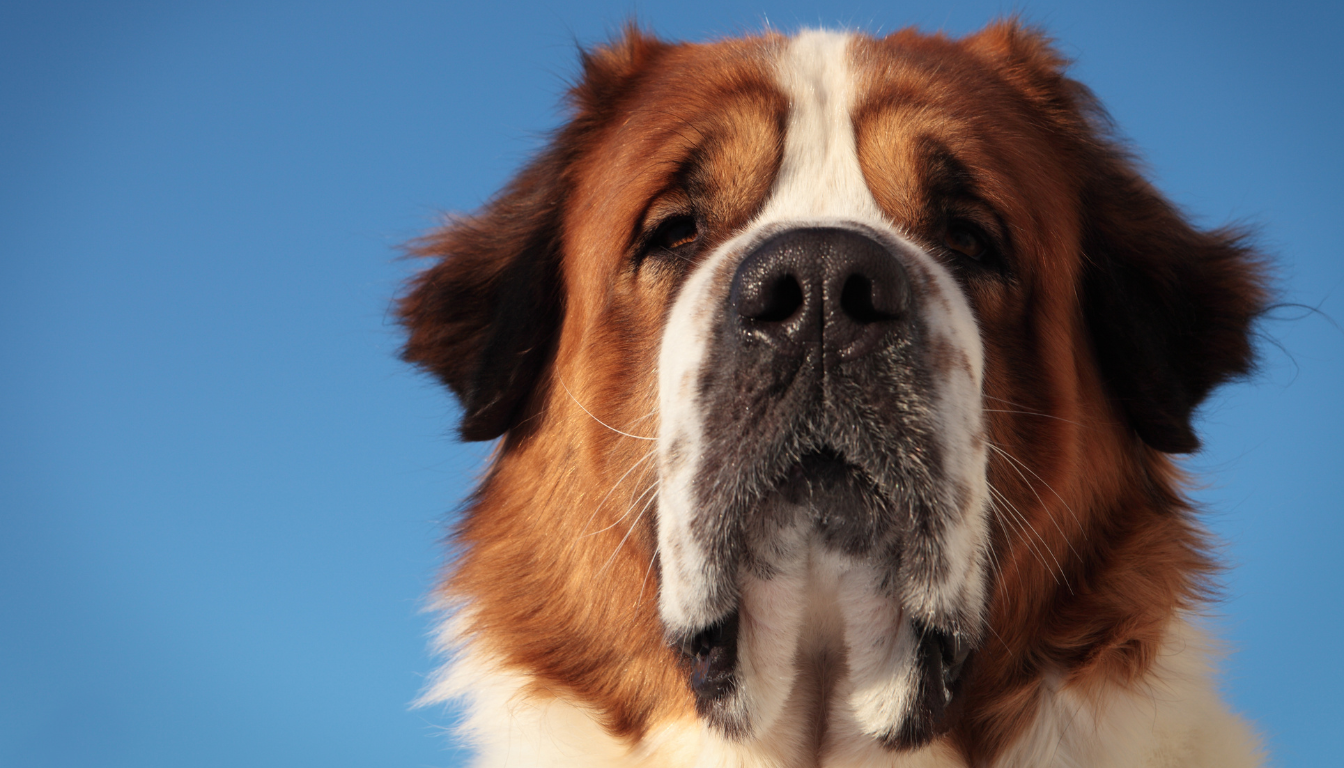
As your beloved canine companion enters their golden years, their needs and care requirements change. Senior dogs require special attention to ensure they remain healthy, comfortable, and happy. Here are some essential health tips to help you provide the best care for your aging furry friend:
Regular check-ups become increasingly important as dogs age. Schedule bi-annual or annual visits to the vet to monitor your senior dog’s health, catch any potential issues early, and adjust their care plan as needed.
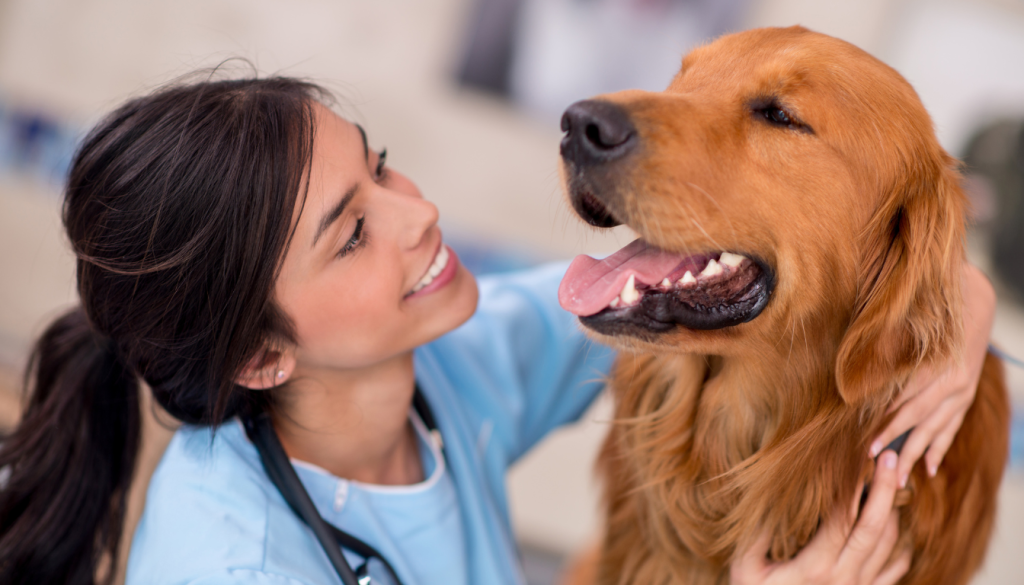
A nutritious diet tailored to senior dogs is crucial. Opt for high-quality dog food formulated for older dogs, which typically contains fewer calories to prevent weight gain while maintaining muscle mass. Consider supplements like glucosamine and omega-3 fatty acids to support joint health and cognitive function.
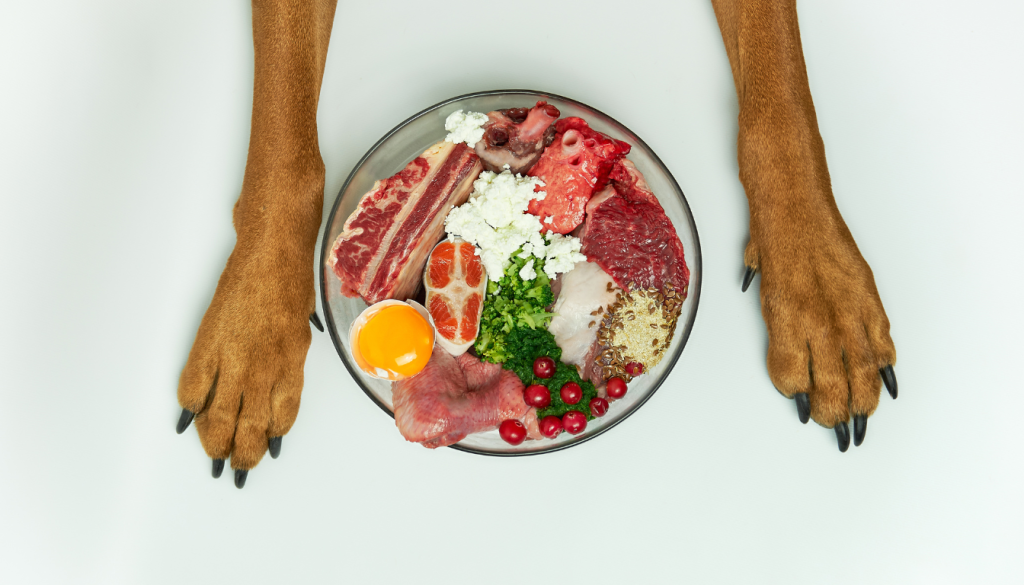
Maintaining a healthy weight is vital for senior dogs to prevent joint strain, diabetes, and other health issues. Monitor their food intake and adjust portions as needed based on their activity level and metabolism.
While older dogs may not be as energetic as they once were, regular, gentle exercise is still important to keep them physically fit and mentally stimulated. Short walks, gentle play sessions, and puzzle toys can help maintain their mobility and cognitive function.
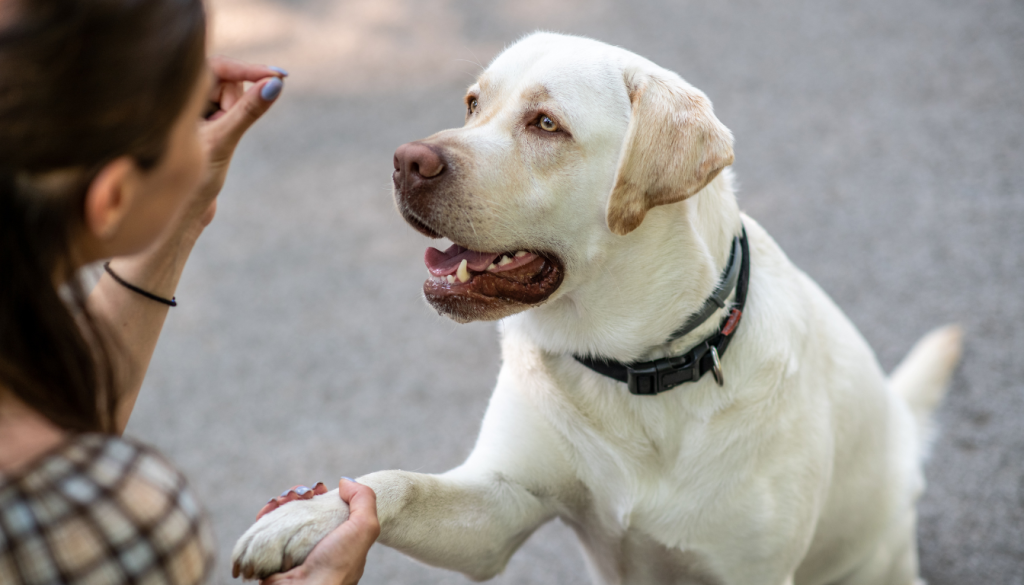
Senior dogs are prone to dental issues such as gum disease and tooth decay. Brush your dog’s teeth regularly and provide dental chews or toys designed to promote oral health. Schedule professional dental cleanings as recommended by your veterinarian.
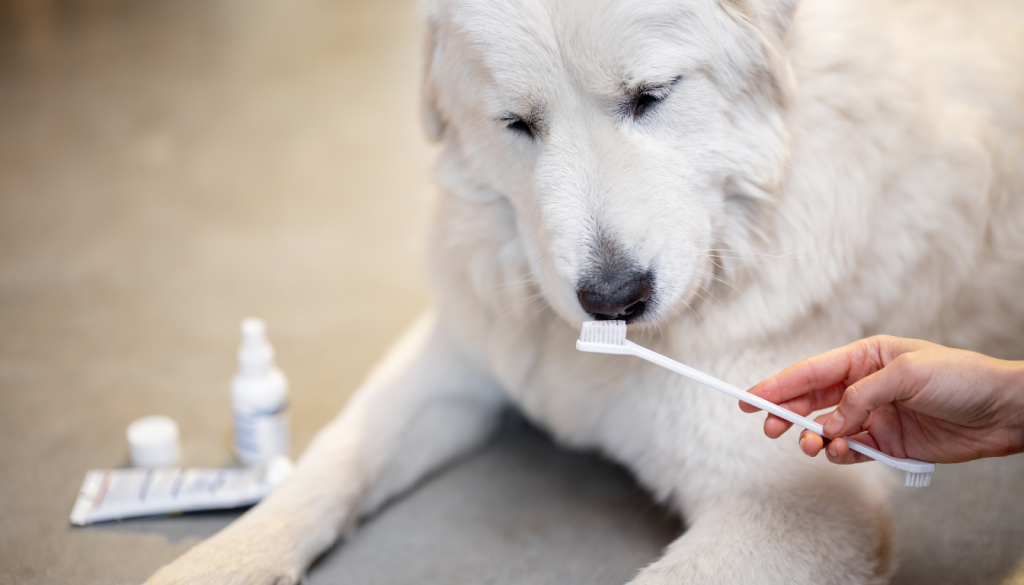
Make adjustments to your home to accommodate your senior dog’s needs. Provide orthopedic beds or padded surfaces to support their joints, especially if they have arthritis. Ensure easy access to food, water, and their favorite resting spots.

Be vigilant about any changes in your dog’s behavior, appetite, mobility, or bathroom habits. These could be signs of underlying health issues such as arthritis, kidney disease, or cognitive decline. Early detection allows for timely intervention and management.
Senior dogs may need adjustments to their daily routine. Consider shorter, more frequent potty breaks, and accommodate any changes in their sleep patterns or energy levels. Maintain a predictable schedule to provide them with comfort and security.
Maintain social interactions and mental stimulation for your senior dog. Spending quality time together, introducing them to new environments (if comfortable for them), and engaging in gentle play or training exercises can boost their mood and overall well-being.
Above all, shower your senior dog with love and attention. They may need reassurance and companionship more than ever as they age. Your presence and affection contribute significantly to their happiness and quality of life.

By following these health tips and making adjustments to meet your senior dog’s changing needs, you can ensure they enjoy their golden years to the fullest. Always consult with your veterinarian for personalized advice and guidance based on your dog’s specific health status and breed characteristics.
Remember, each senior dog is unique, so tailor their care with love and attention to their individual needs